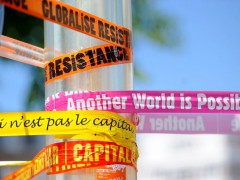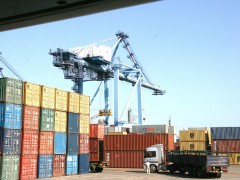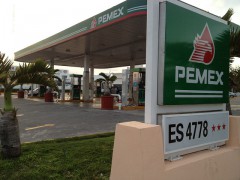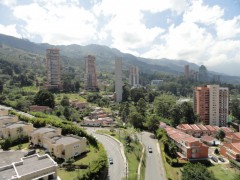Lost in Economic Globalization?

As economic globalization continues to make the world smaller, opportunities become accessible to a greater number of people, and there is optimism about achieving sustainable and inclusive growth for all. At the same time, the global economy and global markets have become so interconnected that their sheer size and complexity have become daunting. We would like to explore the dual nature of economic globalization in this Global Issue: Which new opportunities does the complex and interdependent global system afford people? Alternately, how might some people get “lost” in the system and what alternatives do these individuals see? For example:
- The current TTIP-negotiations: On the one hand there are many opportunities for more and better paid jobs. Consumers could have more choices at consumer markets because of the availability of more consumer goods. On the other hand there is a fear of getting into trouble as a result of tearing down non-tariff-barriers and there is concern about the intransparency of the negotiations.
- Technology: while technology has expanded markets and offers entrepreneurs new ways of connecting with both clients and funding options, the recent crises have caused some people to lose faith in the markets and processes that shape our economic world.
- Political Ideas: to cope with this information overload, some groups are turning towards political extremes, populist ideas, and conspiracy theories.
- Complete Reform of Systems: Sluggish economic growth in many parts of the world is leading some to think that the current global economic system might be seriously flawed. Some are calling for complete overhaul and reform of systems and processes in their regions.

Anti-G8 demonstration in Le Havre, France, the week-end before the G8 summit in Deauville in 2011. Are too many people lost in economic globalization? Picture published by Guillaume Paumier on Wikimedia under a CC BY license.
What do people in your country think? Do they see a crisis of statehood and of the economic systems they live in? Do you feel “lost” in economic globalization? What about your peers? Members of your community?
How do the people in your region cope with the world’s economic complexity? Do they choose to ignore it? Do they attempt to integrate their processes into global processes? Do they operate outside the markets?
On balance, do you see economic globalization as a positive force, providing new opportunities for you and your region? Or do you instead perceive it as a negative, trapping consumers in an over-complex system they do not (or cannot) understand?










